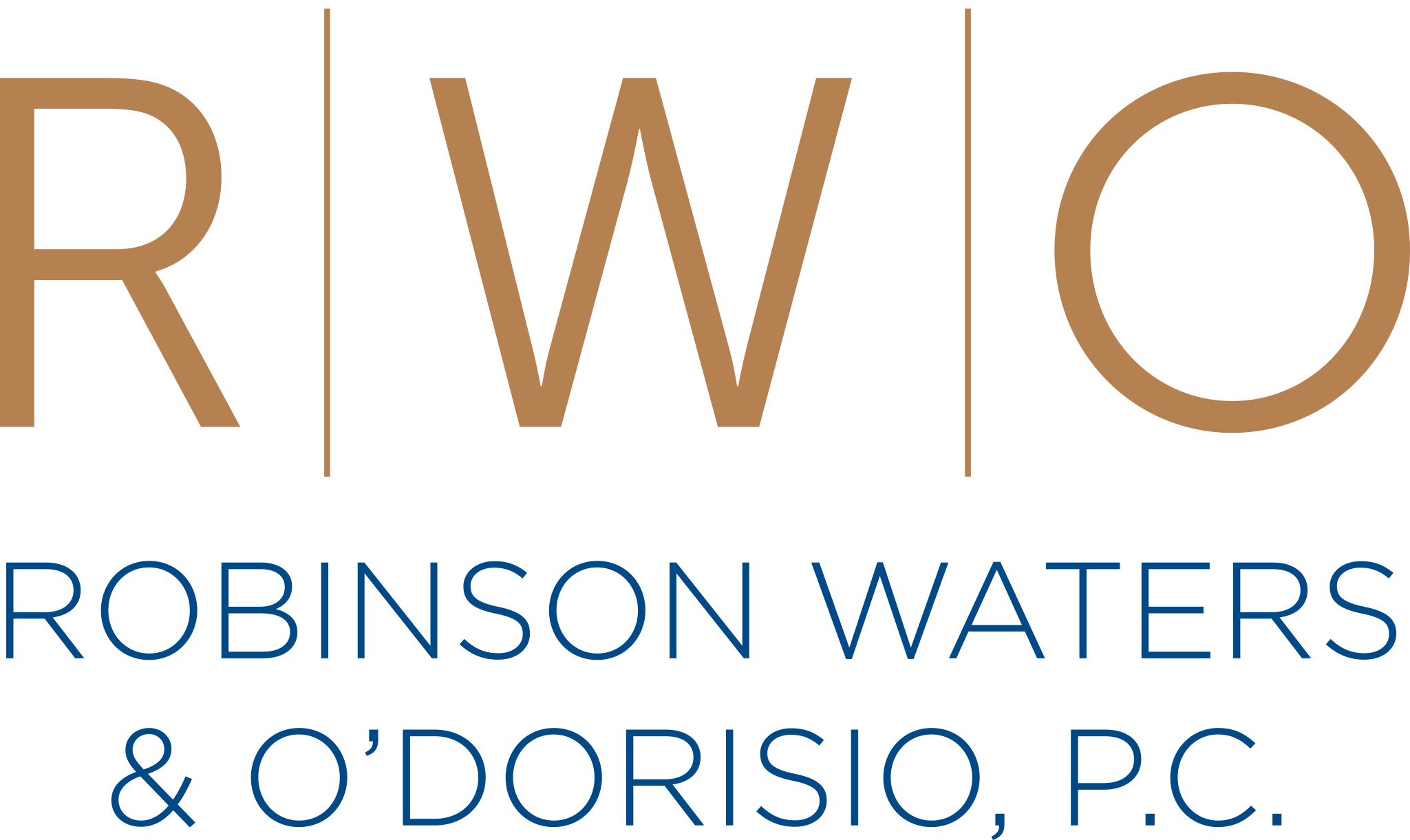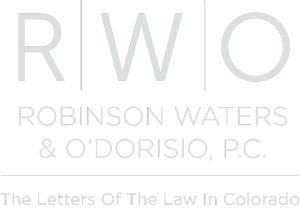Patent Exhaustion
Patent holders likely will negotiate narrower fields of permitted use along with higher license fees and royalties as a result of a recent decision by the United States Supreme Court.
That’s the likely practical effect of Quanta Computers, Inc. v. LG Electronics, Inc., decided June 2008, in which the Court held that the doctrine of patent exhaustion applies to method patents.
The patent exhaustion or “first sale” doctrine holds generally that a patent owner who sells or authorizes the sale of a patented device cannot enforce the patent against “downstream” users or sellers of that device. In other words, the patent owner’s rights are “exhausted” upon the first authorized sale of the patented device.
But what about cases in which the patent covers a method for accomplishing a task, rather than a novel device or apparatus?
The case arose after LG Electronics, Inc. (“LGE”) purchased a portfolio of technology patents in 1999, including the three patents at issue in the Quanta case. Generally, these patents disclose methods for improving the speed and accuracy of various operations of a computer’s main memory and for managing data traffic on the computer bus connecting more than one component of the computer.
LGE licensed these patents to Intel Corporation (“Intel”), giving Intel the right to manufacture and sell microprocessors and chipsets using the LGE patents. Notwithstanding the broad grant language, the license agreement also stated that no licenses were granted to any third party to combine Intel’s licensed products with products from other sources. In a separate agreement, Intel agreed to give written notice to its own customers that the LGE license did not extend to any product made by combining an Intel product with any non-Intel product.
Quanta Computers, Inc. (“Quanta”) and other computer manufacturers purchased the microprocessors and chipsets from Intel and received the notice required by the Intel-LGE agreement. Nonetheless, they manufactured computers using Intel parts in combination with non-Intel parts. LGE sued Quanta and the other manufacturers claiming that its patents were infringed by the use of the Intel and non-Intel parts in combination.
Quanta defended the LGE lawsuit on the basis that the doctrine of patent exhaustion applied to the sale by Intel of its licensed products to Quanta.
Previous court opinions, including the opinion of the Federal Circuit Court of Appeals in Quanta, held that the doctrine does not apply to “method” patents, and LGE pursued its case based on these precedents.
The Supreme Court agreed with Quanta that the doctrine applies to method patents as well as to patents that describe an apparatus. Otherwise, patentees could simply draft their claims to describe a method rather than an apparatus that uses the method for accomplishing its task. The Court next noted that, even though the Intel products did not (and could not) practice the patents until they were combined with other components into a computer that then would practice the patents, the Intel products “constitute a material part of the patented invention and all but completely practice the patent. . . . Everything inventive about each patent is embodied in the Intel products.”
Further, the Court noted that there was no reasonable use for the Intel products other than incorporating them into computer systems that practice the LGE patents, i.e., no reasonable non-infringing use. Finally, the Court found no restriction in the license agreement that would have made the sales by Intel unauthorized. To the contrary, the license agreement broadly permitted Intel to “make, use, [or] sell” certain products practicing the LGE patents.
Potential Effects of Quanta on Future Licensing Transactions
Under the facts and the opinion in the Quanta case, LGE was unable to pursue any “downstream” users of its patented technology embodied in the (authorized) Intel products. The Supreme Court did, however, leave open some questions in its Quanta opinion, and the opinion will likely change the strategy of patent holders when negotiating licenses of their patents.
For example, if a licensed product has one or more reasonable non-infringing uses or does not “constitute a material part of the patented invention and all but completely practice the patent,” could the patent holder claim that the doctrine of exhaustion does not apply to those uses even if the license grant language is as broad as that in the Quanta case?
In the context of a licensing transaction, the opinion also suggests that licensor/patent holders may be able to avoid the first sale doctrine if the license rights granted are narrowly focused or restricted. This negotiating technique is not new in the field of licensing, but it may take on more strategic importance in light of the Quanta opinion.
The Supreme Court suggested (but did not decide) that LGE may have been able to avoid the doctrine and thus would be free to pursue downstream infringers had the LGE-Intel license agreement excluded the right of Intel to sell licensed products to customers that would combine Intel and non-Intel products.
Finally, if a patent holder perceives itself to be in the same position as LGE (i.e., completely unable to pursue downstream infringers to collect additional license fees or royalties), it can be expected to negotiate for higher license fees and royalty rates when negotiating what may be the one and only licensing opportunity available to it.
